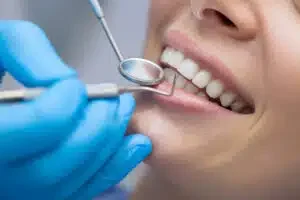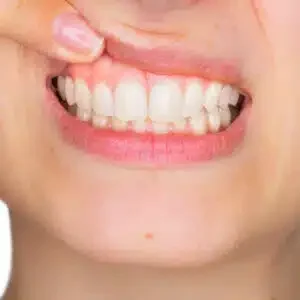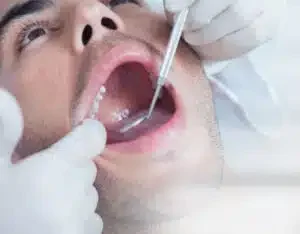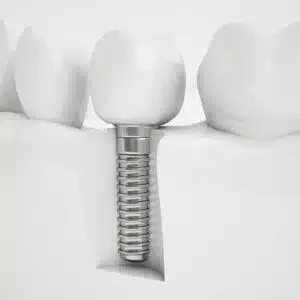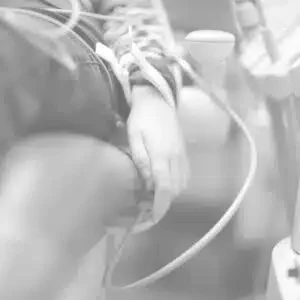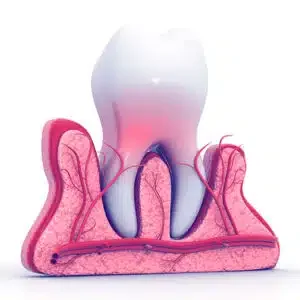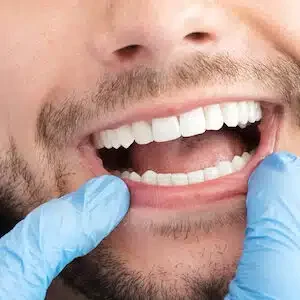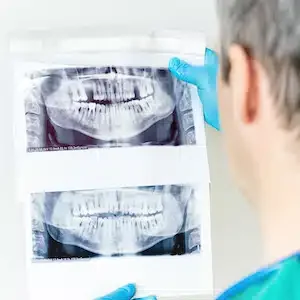IV SEDATION
There's so much dentistry can do these days to make your mouth healthier and your smile more beautiful.
IV Sedation Implant Dentist
Sedation Dentistry
Many people avoid the dentist for a variety of reasons, such as fear of needles, worry about possible discomfort, gagging and more. Sadly, these men and women do not receive routine dental care, such as cleanings and x-rays. Preventative care helps to identify and treat dental issues before they become more serious – such as tooth loss. Anxious patients who have missing teeth also miss the opportunity to improve their smiles, and gain confidence with dental implant placement. High anxiety patients will be happy to know Dr. Mike offers sedation dentistry. Depending on the dental procedure and their health, patients can opt for local, inhaled, oral or IV sedation to help them remain calm and comfortable prior to, and during dental implant surgery.
Sedation dentistry refers to the use of medications to calm and relax patients before and during a dental implant procedure. The sedatives used belong to a class of drugs that depress the central nervous system, particularly those areas concerned with conscious awareness. Sedation dentistry is a great way to help patients feel calm and at ease prior to, and during dental implant placement.
Sedation dentistry is an excellent option for patients who suffer from dental anxiety or phobia. Sedation allows patients to undergo necessary dental treatment without experiencing overwhelming anxiety or fear. Sedation dentistry is also helpful for patients with a low pain tolerance, sensitive gag reflex, or difficulty sitting still for an extended period of time. Sedation dentistry is administered at different levels, ranging from minimal to deep sedation.
Types Of Sedation Dentistry
Oral Sedation
Oral sedatives are administered in pill form, and given prior to dental treatment.
Benzodiazepines, such as midazolam, lorazepam, and diazepam, are commonly used for oral sedation. Benzodiazepines work in the brain as CNS depressants. CNS depressants decrease anxiety levels which helps minimize fear and anxiety for patients during dental implant surgery or other dental procedures.
Oral sedatives are usually given about an hour before a dental procedure to allow time for the medication to take effect. The sedatives are typically given in pill form and swallowed. Oral sedatives are commonly used to calm patients prior to receiving dental implants.
During a dental implant procedure, the patient remains conscious and able to respond to Dr. Mike’s instructions in a highly relaxed state. They may experience a sensation of being in a dream-like state or feel as if they are floating.
Oral sedation can be highly effective in reducing anxiety in patients undergoing implant dentistry. By producing a state of deep relaxation, patients may feel more comfortable and less fearful during their treatment. This can help to alleviate the physical symptoms of anxiety, such as increased heart rate and sweating, which can make the entire procedure more challenging.
Overall, oral sedatives are very helpful for Dr. Mike to help manage patient anxiety and improve patient comfort during dental implant surgery. It is important for patients to discuss their medical history and any medications they are currently taking with Dr. Mike before oral sedation is administered.
Inhalation conscious sedation
One type of inhalation conscious sedation used for dental procedures and dental surgery is nitrous oxide, also known as laughing gas. Nitrous oxide gas is inhaled through a mask or nosepiece, and produces a calming effect within a few minutes. The patient remains conscious during the dental procedure but may feel drowsy or sleepy. Inhalation sedation is different than local and oral sedation, and patients may not recall the procedure afterwards.
Inhalation sedation is a common method of sedation used in dental offices. It is a safe and effective way to help patients feel relaxed and comfortable while getting dental implants. Nitrous oxide has a rapid onset and offset, which means it takes effect quickly and wears off quickly once the mask is removed. This allows the patient to resume normal activities nearly immediately after the procedure.
The benefits of using inhalation conscious sedation for dental implants are many. It can help to alleviate patient anxiety and make the procedure more comfortable. It can also reduce pain and discomfort during the procedure, as well as decrease the patient’s awareness of time and surroundings. Additionally, inhalation sedation can help to reduce the patient’s gag reflex, which can be beneficial when replacing missing teeth.
IV sedation
Intravenous (IV) sedation is a type of conscious sedation that is administered through a tube placed in a vein. IV sedation is also known as monitored anesthesia care or twilight sleep. IV sedation is commonly used for minor medical procedures that do not require deeper general anesthesia. IV sedation reduces patient anxiety and minimizes discomfort or pain that can occur from a dental implant procedure.
There are several types of IV conscious sedation medications that can be used in implant dentistry. The specific type of sedation medication used is dependent on the patient’s needs, health and the nature of the procedure. Some IV conscious sedation medications include:
Propofol: A rapid-acting sedative that produces a state of deep relaxation and reduces pain perception. Unlike local anesthesia, it is often used in combination with other sedatives for dental implants.
Midazolam: A benzodiazepine that produces a calming effect and amnesia. It is commonly used instead of general anesthesia for dental procedures and has a short duration of action.
Fentanyl: A potent pain reliever, different than local anesthesia, that is often used in combination with other sedatives for dental procedures.
Conscious sedation is a type of sedation that is used to help patients feel relaxed and calm during dental implant surgery, while allowing them to remain conscious and responsive. The patient is able to breathe on their own and respond to instructions from the healthcare provider. They are in a state of deep relaxation and may not remember much of the procedure afterwards.
The benefits of conscious sedation for dental procedures are numerous. It can help to alleviate patient anxiety and make the procedure more comfortable. It can also reduce pain and discomfort during the procedure, as well as decrease the patient’s awareness of time and surroundings. Additionally, conscious sedation can help to reduce the patient’s gag reflex, which can be beneficial during certain dental procedures. Conscious sedation is generally very safe, but patients should discuss their medical history and any medications they are taking with Dr. Mike before undergoing IV sedation. Lastly, it is very important for dental implant patients to follow Dr. Mike’s instructions for pre- and post-operative care.
Having a Dental Procedure Using Sedation Medication
Going to the dentist can make some people nervous. The American Dental Association allows for the use of a local anesthetic, nitrous oxide (laughing gas), and intravenous sedation. Sedation enables anxious patients to have routine oral healthcare treatment and offers a solution to anxious patients with missing teeth. When missing teeth are an issue, dental implants are second to only natural teeth in terms of long-term functionality. Call Dr. Mike at Cleveland Implant Institute today to schedule a dental implant consultation!
Request An Appointment
What Our Clients Are Saying
Dental Implant Services
Related Articles





